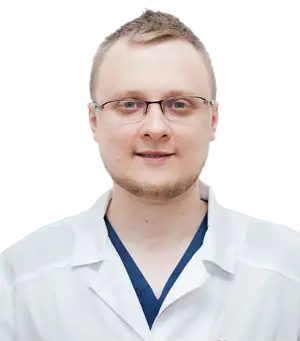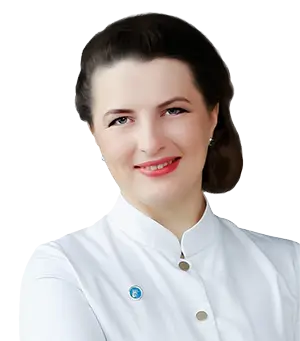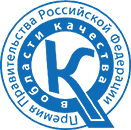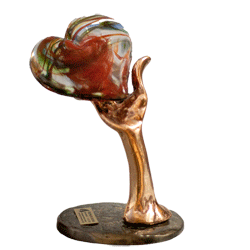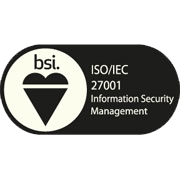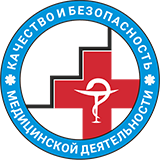Multislice Computed Tomography (MSCT)
For the last 20 years, such an examination as MSCT has been gaining popularity in medicine. Not everyone knows what the name of the diagnosis means and why it is prescribed. The abbreviation stands for multispiral or multislice computed tomography. The principle of an MSCT scanner is based on the use of X-rays and two-dimensional detectors. They allow doctors to visualize any organ as accurately as possible and detect pathologies at the earliest stage. Its sensors rotate around the patient's body and allow more than two hundred images to be taken in one circle. The computer software reproduces the images in three dimensions, giving a complete picture of the condition of the examined organ.
Diagnostic indications
These are indications for an MSCT:
- oncology of any organ or bone system;
- inflammatory processes;
- trauma;
- congenital anomalies;
- degenerative-dystrophic changes.
An MSCT is prescribed to examine the following organs:
- the brain (possible tumors, craniocerebral injuries and circulation disorders);
- vessels of the neck, head, upper and lower extremities, abdominal aorta (atherosclerotic changes, stenoses, possible thrombosis and vascular malformations);
- the spine (possible inflammatory processes, tumors, injuries, herniated discs and postoperative changes in the intervertebral discs);
- bone tissues of the chest and its organs (detection of lung diseases, possible mediastinal changes of scapulae, ribs, sternum);
- jaws (just before dentures);
- internal pelvic organs (possible inflammatory processes, injuries, tumors, vascular diseases, developmental abnormalities);
- paranasal sinuses (possible sinusitis, cysts and polyps);
- internal organs of the neck, soft tissues and orbits (possible inflammatory processes, injuries, tumors).
The examination is quite expensive, and in search of an alternative, patients ask: What are the different types of MSCT? A CT scan may be a more affordable option. What is the difference between an MSCT and a CT scan? In essence, it is the same thing. It can be said that a CT scanning is an outdated version of an MSCT, and it is inferior in terms of the technical capabilities of the equipment. A CT scan differs from an MSCT scan in that it has a poorer image quality, a higher radiation exposure and different examination time.
In certain cases, the diagnosis is carried out with the injection of a contrasting agent to stain the affected organ. The examination is divided into two phases:
1. the first phase is the examination without contrast, called native MSCT;
2. the second phase is the maximum concentration of contrast in the area being examined.
What are contraindications to an MSCT with contrast? Is it harmful to the body?
Absolute contraindications are allergies to iodine, pregnancy, thyroid hyperfunction, renal failure and myeloma. Also, people whose weight exceeds the allowable technical parameters of the tomograph (130-150 kg) will not be able to carry out the examination. An MSCT is much less harmful than a conventional CT scan. This diagnostic is considered safe. Only a doctor decides how often a patient can have an MSCT with or without contrast. A doctor also calculates the radiation load and takes the patient's condition into account. However, there should be at least 4 weeks between procedures. As for the contrasting agent, it is not harmful to the body, and it is eliminated within 24 hours.
Preparation for the examination depends on the examined area and whether contrast will be used. It is not necessary to prepare for soft tissue, spine and head scans. It is enough to take off all jewelry and come dressed without metal objects. For diagnosis of the abdominal and gastrointestinal tract organs, it is necessary to follow a special diet and perform a bowel cleansing. Before carrying out an examination with contrast, it is mandatory to check the patient's reaction to iodine, as the contrast agent contains this element. If you are scheduled for an MSCT with contrast, you will be asked to take tests to determine creatinine and urea levels. The result must not be older than three days from the date of the examination. Many people wonder how an MSCT is carried out and how long the procedure takes. The diagnosis lasts from three minutes to one hour. This depends on the type of CT scanner and the need to wait for contrast spreading time.
Process of an MSCT scanning
The patient lies on a special table, and it is moved inside the scanner. A scanner with sensors revolves around the table, transmitting the images directly to the computer. It is prohibited to move during the scan. The procedure resembles an MRI scan, not only visually, but also in that it is based on a layer-by-layer study of an organ. The difference between magnetic resonance imaging and multislice computed tomography is in the method of examination. An MRI diagnosis is based on the use of nuclear magnetic resonance and has no radiation exposure at all.
What is the difference and what is better: CT, MRI or MSCT?
MSCT and CT scans are almost similar. These procedures are better at diagnosing bony structures, while MRI examines soft tissue in more detail. Magnetic resonance imaging is not suitable for diagnosing intervertebral hernias, traumatic bone and spine injuries. MRI is also not suitable for evaluating joints, as dense structures are not visualized by this method of examination. The choice of diagnostic method depends on the purpose of the study, as well as the individual circumstances of the patient. For example, if there are metal implants or alloys in the body, an MRI cannot be performed, while an MSCT is allowed. Persons who are contraindicated in X-rays can be examined with an MRI scanner. The body-weight restrictions on MRI and CT scanners are also different.
Thus, the decision on the choice of diagnosis is made by the doctor. Since computed tomography is used to diagnose almost any part of the body, the following specialists can give an appointment for diagnosis: endocrinologist, traumatologist, oncologist, neurologist, urologist, orthopedist, surgeon, cardiologist and other ones.
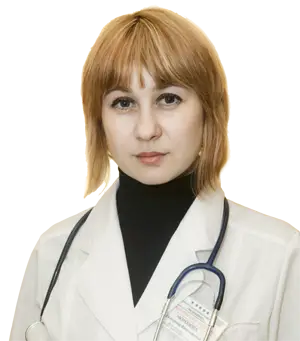
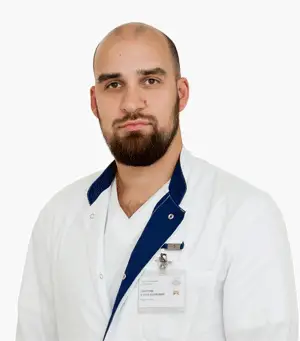
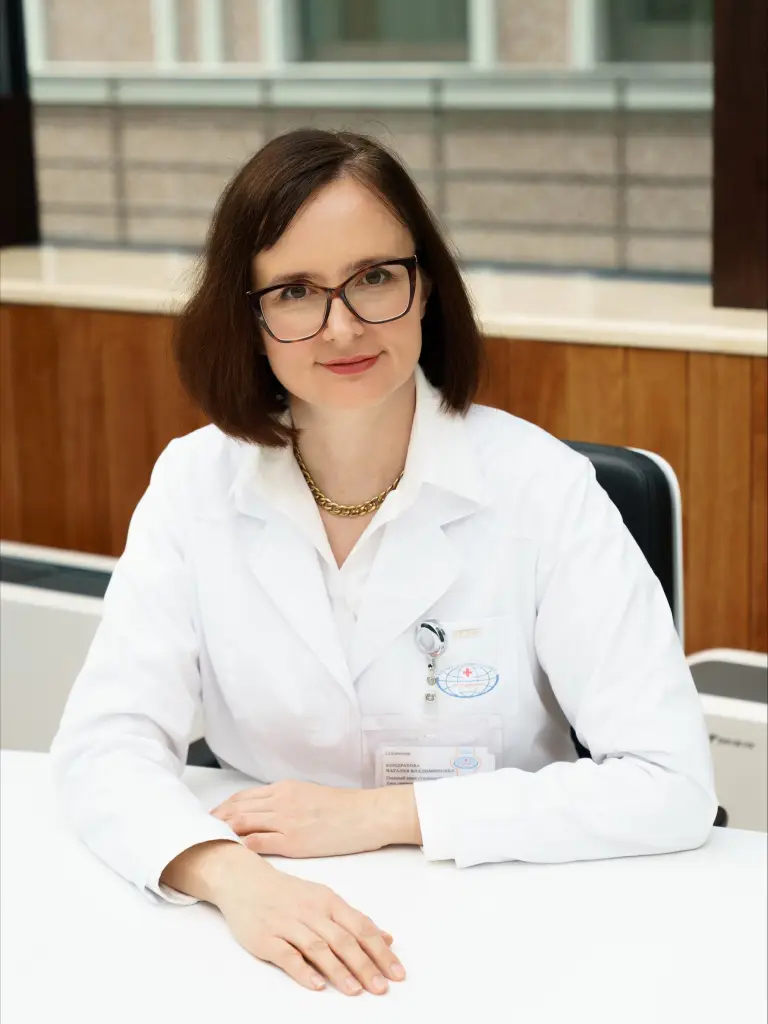
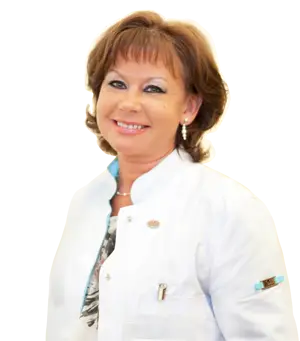
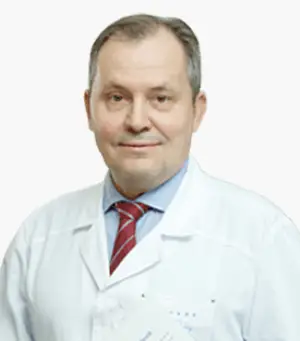
Benefits of the clinic
At the JSC Medicine Center (Academician Roitberg Clinic) in Moscow you can get vaccinated with three vaccines: Sputnik V, Sputnik Light and CoviVac.
Each patient who has been vaccinated in two stages against the new coronavirus infection COVID-19 at the JSC Medicina is given a special badge "Immunity against COVID-19 is confirmed".
The clinic is located in the center of Moscow in a 5-minute walk from underground stations. Two large buildings combine clinic, dentistry, emergency department, pharmacy, laboratory, where patients can test the urine and establish the presence and concentration of any microelement.





